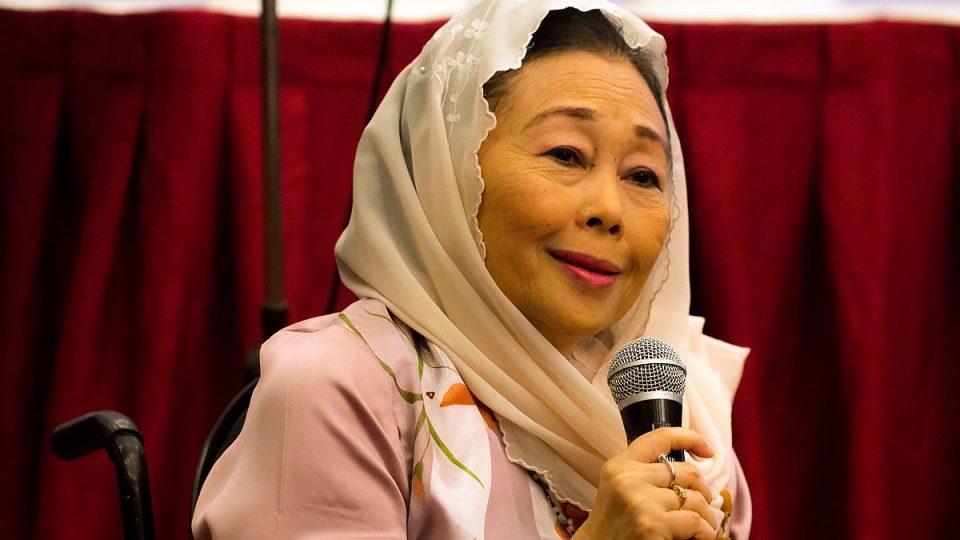Some might think that the apparent rise in religious intolerance in Indonesia is fueled by only a tiny minority of extremists. But Sinta Nuriyah Abdurahman Wahid, the wife of Indonesia’s fourth President, Abdurrahman Wahid (also known as Gus Dur) warns that radicalism and hardliner views are quickly becoming more mainstream in Indonesian society, creating a threat to the country’s national unity and its founding creed of Bhinneka Tunggal Ika (Unity in Diversity)
Sinta, who is known as one of Indonesia’s most prominent and fearless champions of religious tolerance and women’s rights (read this fantastic profile of her that was published in the New York Times last week, if you haven’t already), spoke out at a talk show entitled “Perempuan dan Kebhinnekaan” (Women and Diversity) on Monday, saying that extremism was becoming a dangerous threat to all of Indonesia.
“The radical movement and intolerance have entered into the mainstream of the country. There’s only a few dozen percent (of the population) don’t agree with Indonesia becoming an Islamic country,” Sinta said as quoted by Tempo.
As evidence of this, Sinta cited the results of a survey sponsored by the Wahid Foundation, the organization she heads up which promotes tolerance throughout Indonesia. She said the the survey, which was conducted in August and polled 1,255 respondents from across the country, found that 59% of respondents expressed some form of hatred towards non-Muslims, ethnic Chinese, or other minorities, and would not want them holding government positions. Sinta also said that as many as 82% of respondents did not want members of one of the minority groups mentioned in the survey to be their neighbors.
The most alarming number from the survey, according to the former first lady, was that 7.7% of the Muslims surveyed were assessed to have the potential to join radical groups or carry out extremists acts. With around 150 million Muslims in Indonesia, that means there are about 11.5 million potential radicals in the country.
Sinta said that number should serve as a warning to Indonesia that it needs to confront religious radicalism, the increase in sharia-based laws, and the rise in extremist groups targeting educational institutions.
“The radicals want to change the Republic of Indonesia into an Islamic state. This is what I cannot stand,” the former first lady said.




